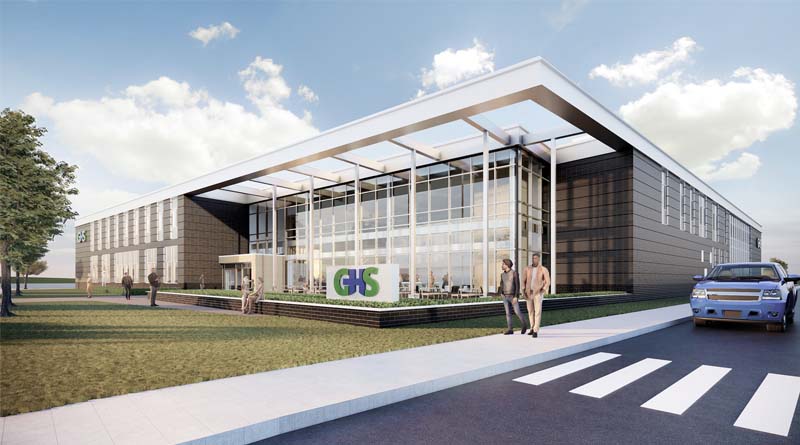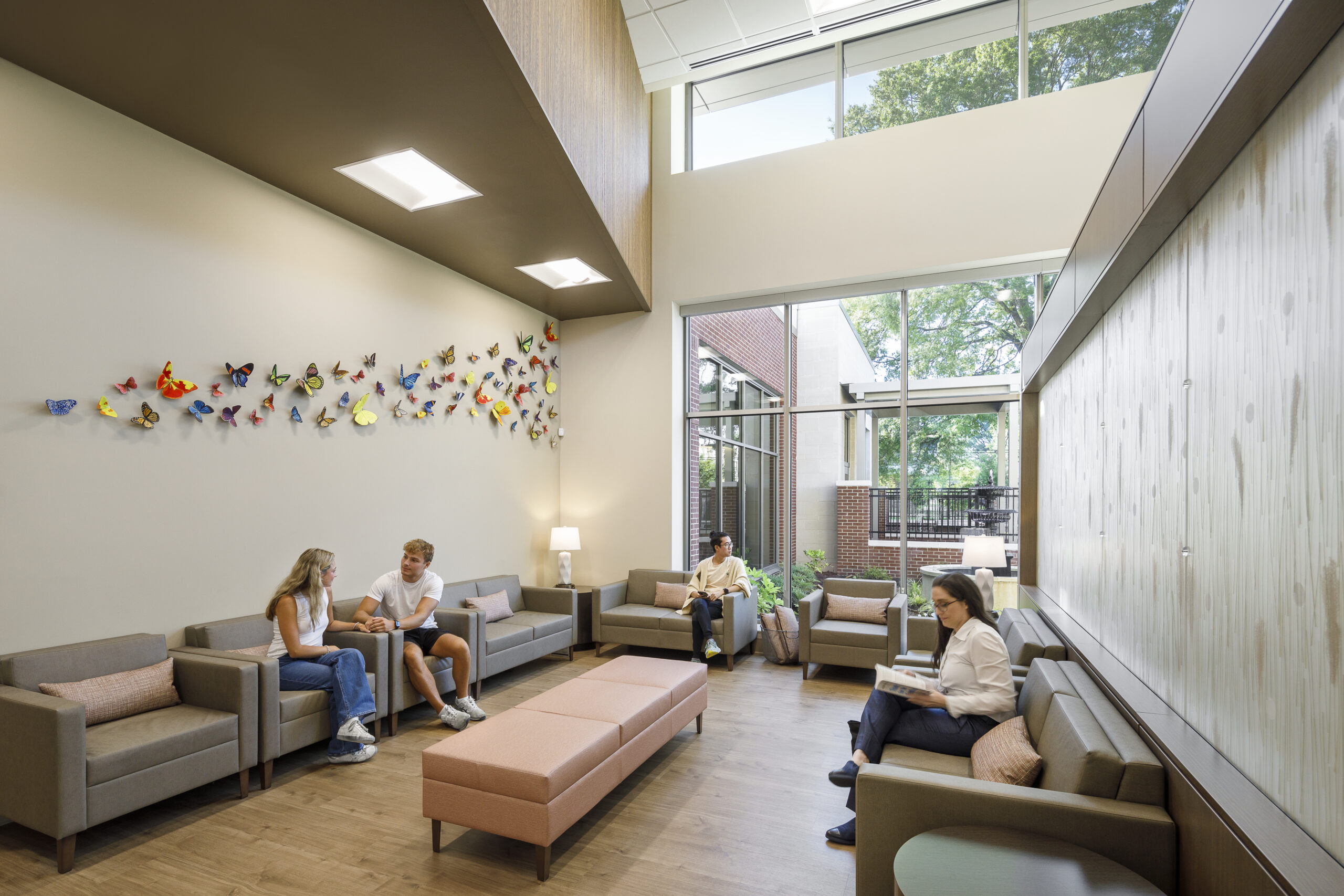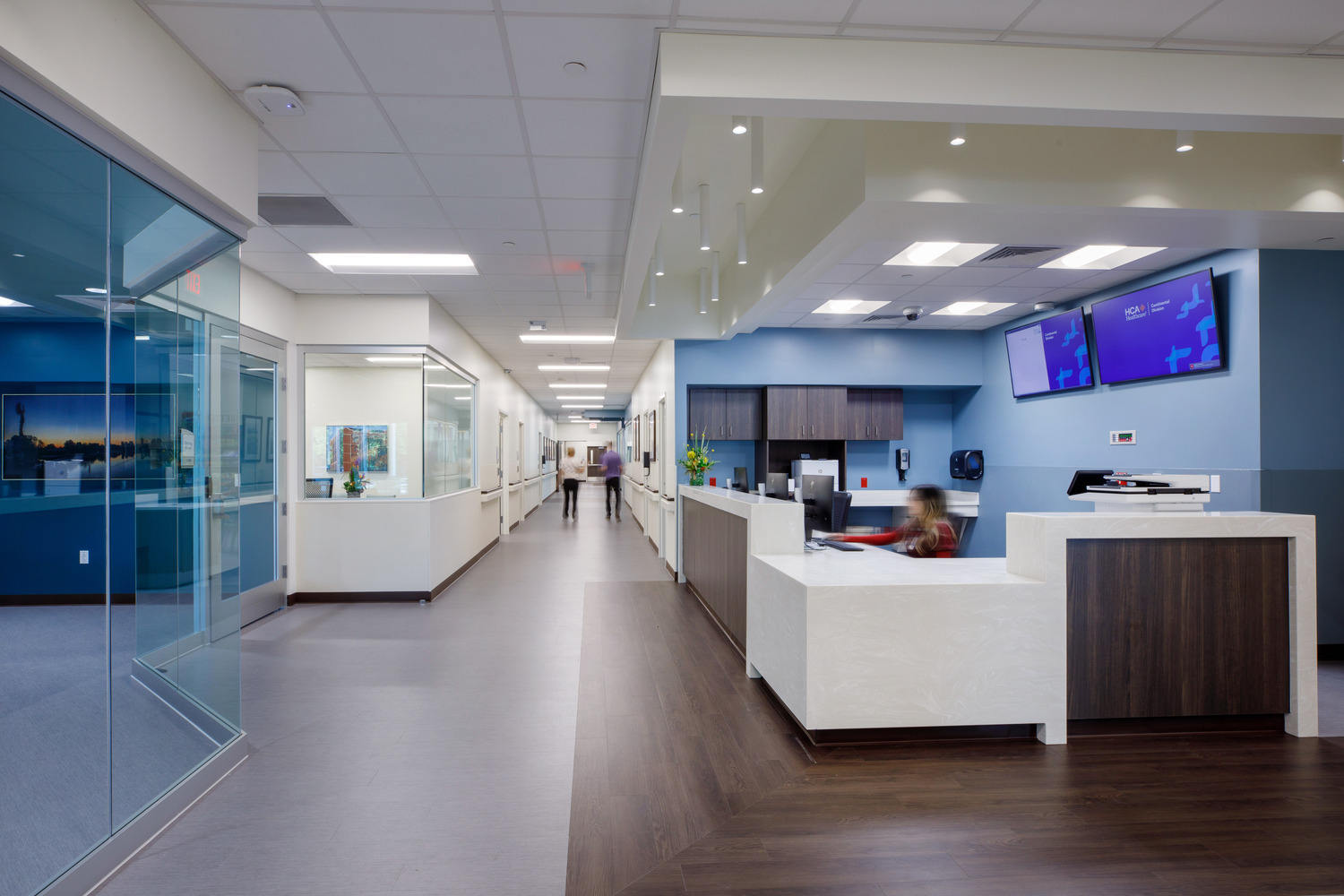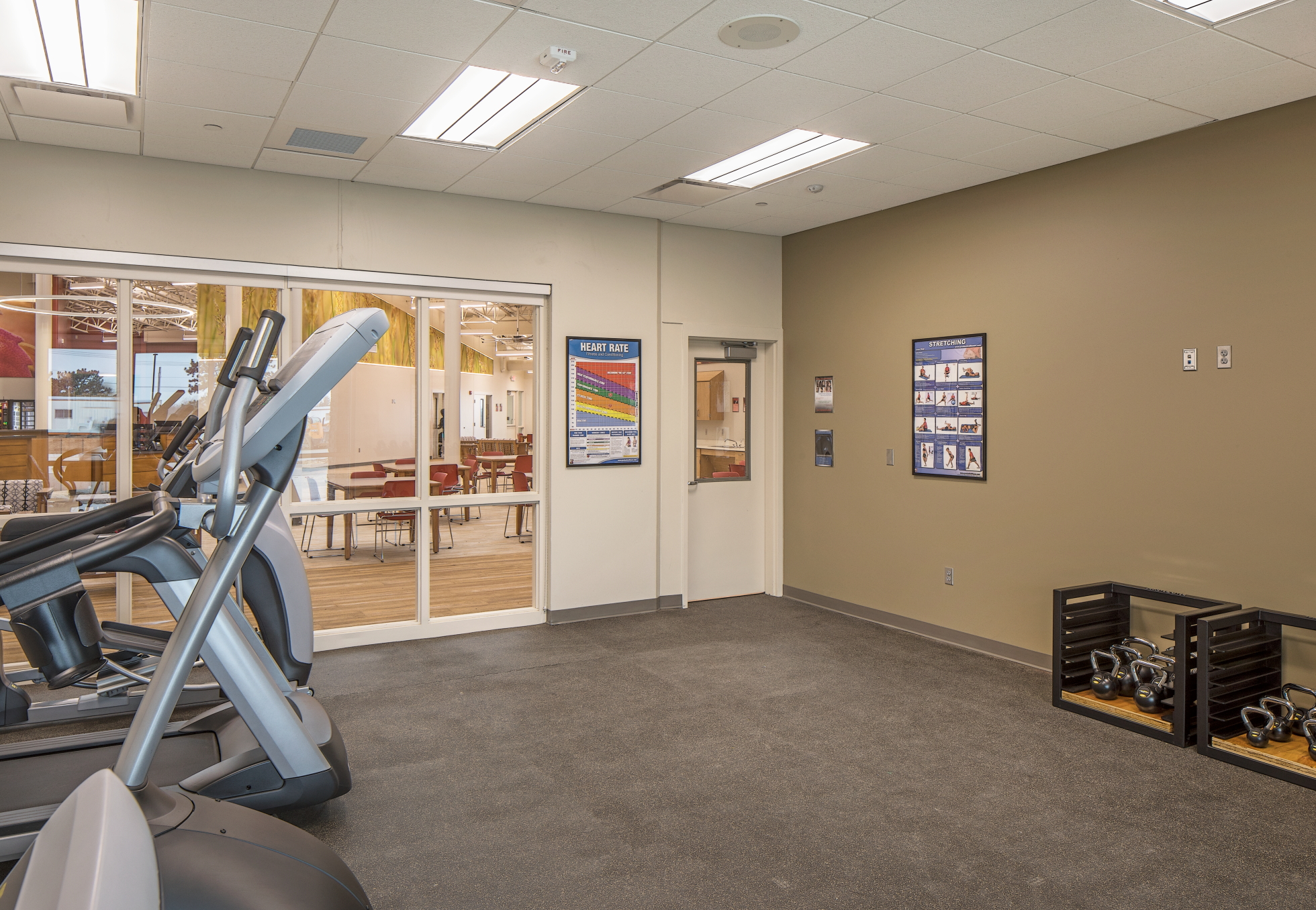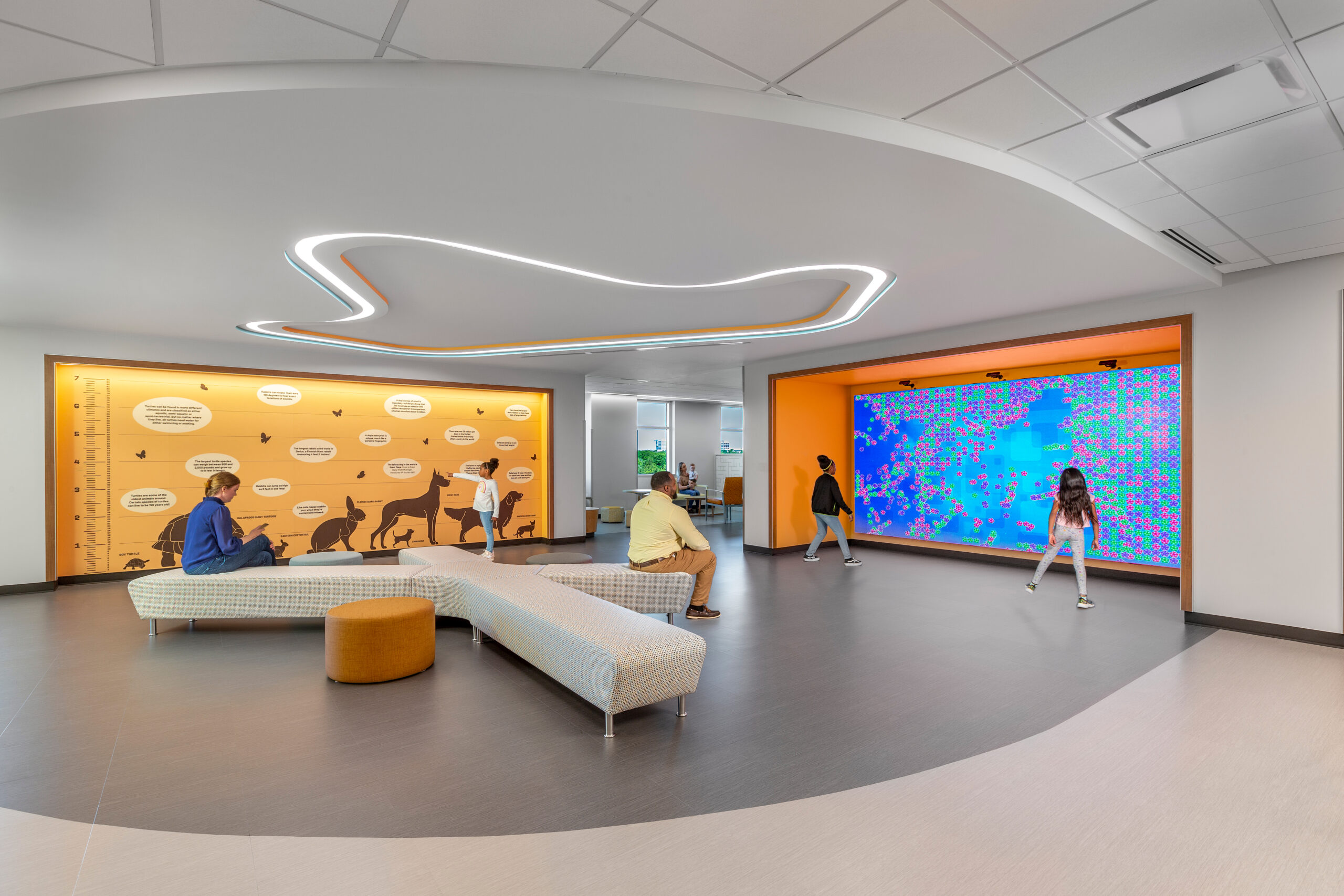By HCO Staff
FLINT, Mich.—The Genesee Health System and the Greater Flint Mental Health Facilities Inc. have just broken ground on a new GHS Center for Children’s Integrated Services building in Flint. The new state-of-the art mental and physical health treatment center will bring comprehensive care for Flint and Genesee County children to a single location, designed by the healthcare system to serve the growing needs of families in both the wake of the pandemic and Flint water crisis.
The 60,000-square-foot building, designed by national integrated architecture and engineering firm HED and being built by DW Lurvey Construction, will bring all GHS children’s program areas under one roof, including the Neurodevelopmental Center for Excellence (established by the court rulings following the water crisis), Children’s Autism Center, a Federally Qualified Health Center, Child and Family Services, and Community Outreach programing.
During April 25, 2014–October 15, 2015, approximately 99,000 residents of the City of Flint were exposed to lead when the drinking water source was switched from the Detroit Water Authority to the Flint Water System (FWS). This new facility will specifically foster medical innovation in the evaluation and treatment of lead poisoning, informing best practices that will shape healthcare across the nation and world.
The Center will improve access to behavioral health and primary care services for low- to moderate-income residents of the Flint area and will act as a cornerstone of future neighborhood redevelopment. The building design includes a café, outdoor plaza, secure playground, and other comfortable waiting spaces intended to make the facility feel inviting for regular, repeat visitors while supporting clinical programs with an activities-based approach.
The building includes a series of “autism pods” as well as an autism playground area as a part of a highly developed treatment facility for children on the autism spectrum, one of the leading outcomes seen from the water crisis.
“Carefully selected surface materials for touch and playground objects designed to enhance motor skills offer a valuable set of interactions with the building and site for children suffering from neurodevelopmental problems,” said Jessi Mesalic, NCIDQ, an associate with HED.


